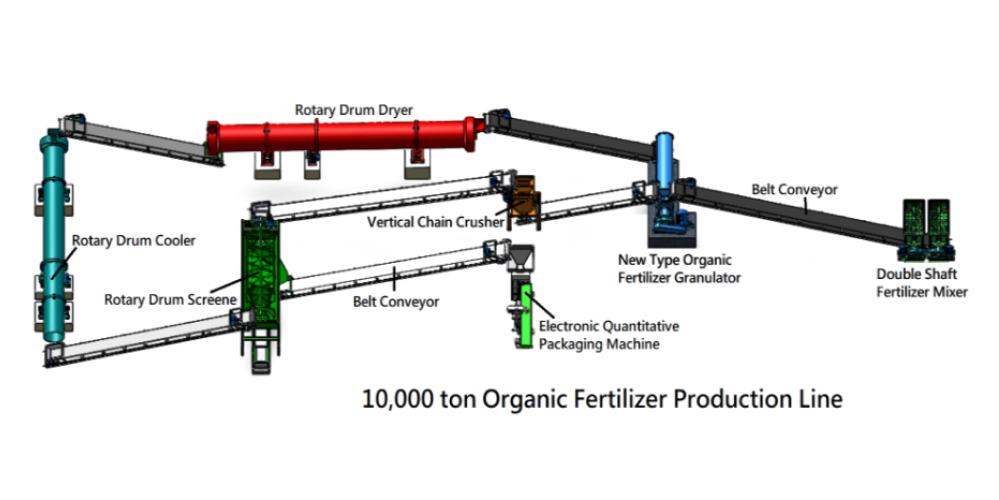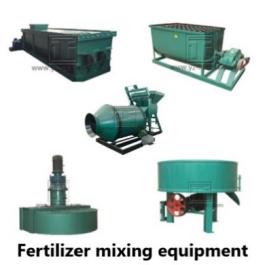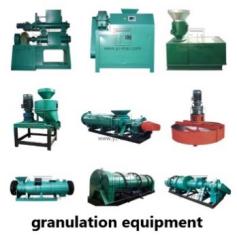Commercial composting equipment
Unlocking Sustainable Waste Management with Commercial Composting Equipment
Introduction:
In today’s world, where environmental sustainability is a pressing concern, finding effective solutions for managing organic waste has become crucial. One such solution that has gained significant attention is commercial composting equipment. This innovative technology provides a sustainable and efficient way to convert organic waste into nutrient-rich compost. In this article, we will explore the importance of commercial composting equipment and how it is transforming waste management practices.
Enhancing Waste Diversion:
Commercial composting equipment plays a vital role in diverting organic waste from landfills. By processing food scraps, yard trimmings, and other organic materials through controlled composting processes, this equipment helps reduce the amount of waste that ends up in landfills. By diverting organic waste, we can minimize greenhouse gas emissions, prevent soil and water pollution, and conserve valuable landfill space.
Accelerating Composting Process:
One of the key advantages of commercial composting equipment is its ability to expedite the composting process. Through advanced technology, these systems create the ideal conditions for decomposition, such as proper aeration, temperature control, and moisture management. This accelerates the breakdown of organic materials, significantly reducing the composting time compared to traditional methods. The efficient composting process ensures a steady production of high-quality compost, ready for use in various applications.
Producing Nutrient-Rich Compost:
Commercial composting equipment produces nutrient-rich compost that can be used to enhance soil health and fertility. The controlled composting process breaks down organic waste into valuable humus, which is rich in organic matter, beneficial microorganisms, and essential nutrients. The resulting compost improves soil structure, increases water retention capacity, and promotes healthy plant growth. By using compost, farmers, gardeners, and landscapers can reduce their reliance on synthetic fertilizers and improve the overall sustainability of their practices.
Supporting Circular Economy:
Investing in commercial composting equipment aligns with the principles of a circular economy. Instead of treating organic waste as a disposable item, this technology enables the transformation of waste into a valuable resource. By composting organic materials, businesses and communities can close the loop, returning nutrients to the soil and creating a sustainable cycle. The produced compost can be used in agriculture, landscaping, horticulture, and even in the production of organic products, completing the circle of sustainability.
Promoting Environmental Stewardship:
By implementing commercial composting equipment, businesses and organizations demonstrate their commitment to environmental stewardship. This eco-friendly waste management solution helps reduce the carbon footprint, conserve natural resources, and protect ecosystems. It also showcases a company’s dedication to sustainability and can enhance its reputation among environmentally conscious consumers. Moreover, by supporting local composting initiatives, communities can foster a more resilient and sustainable future.
Conclusion:
Commercial composting equipment offers a powerful solution for managing organic waste in a sustainable and efficient manner. By diverting waste from landfills, accelerating the composting process, producing nutrient-rich compost, and supporting the circular economy, this technology contributes to a greener and more sustainable future. Embracing commercial composting equipment is not only an investment in effective waste management but also a step towards environmental stewardship and a more sustainable planet.






